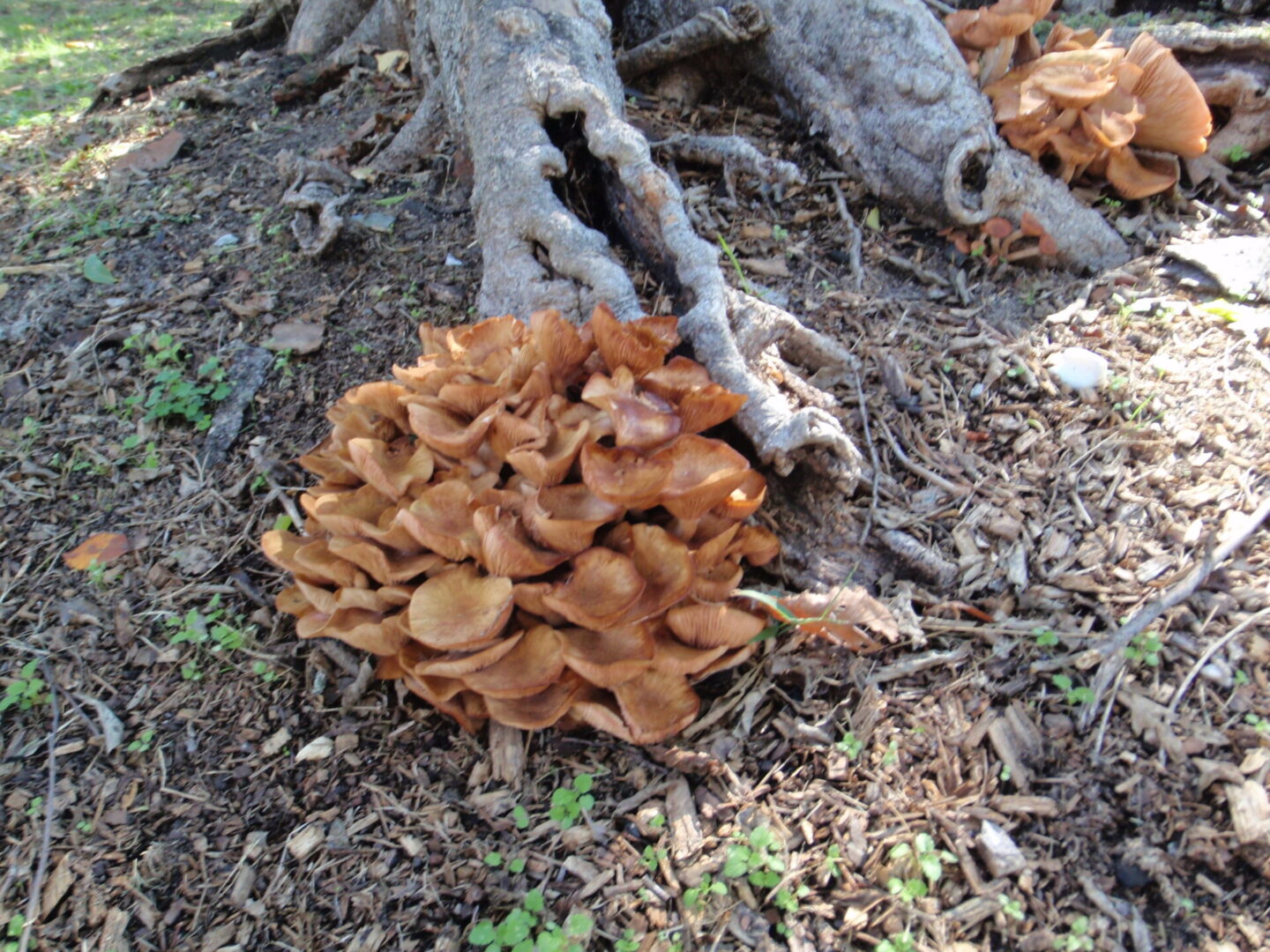
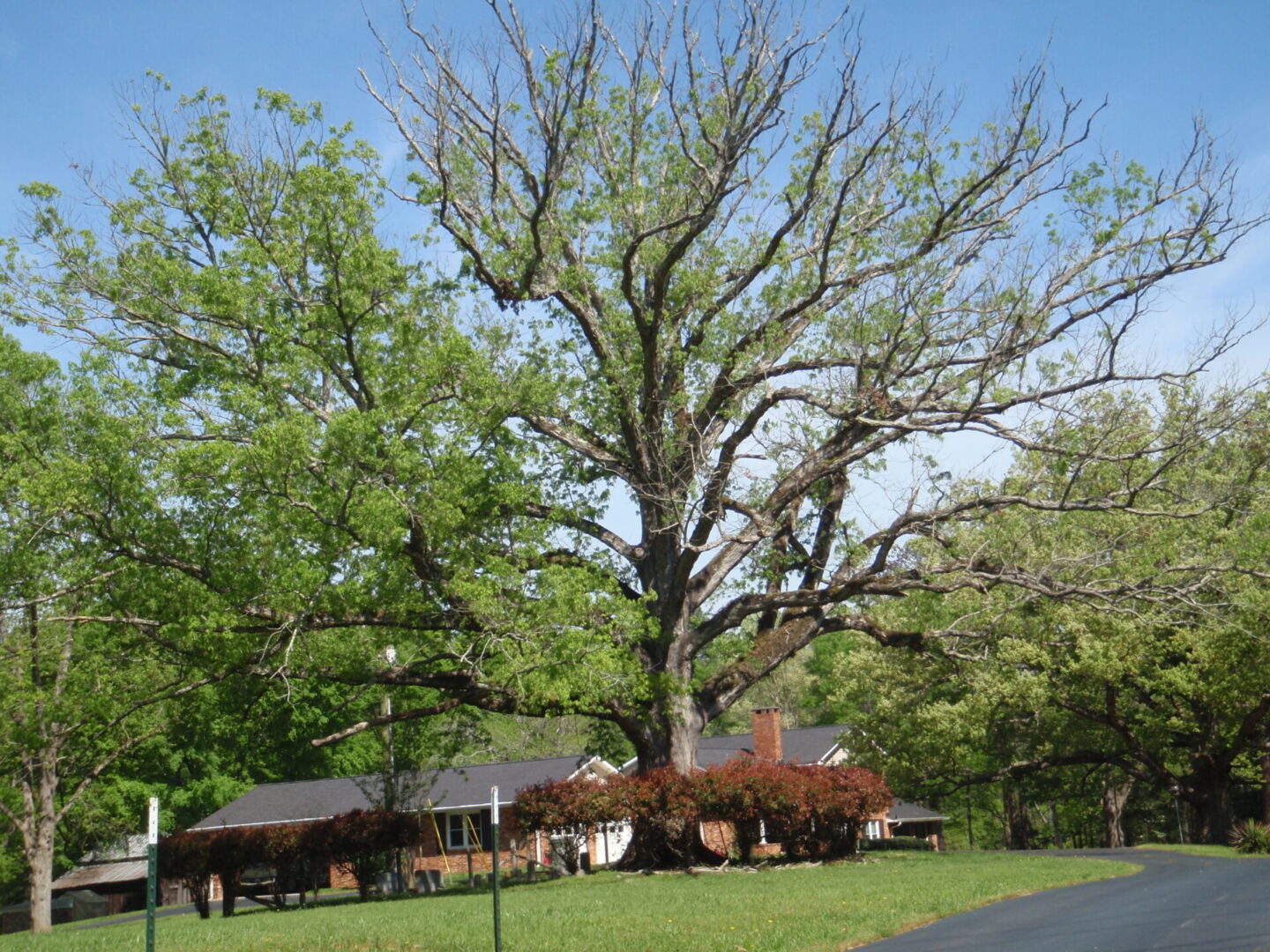
Urban trees suffer more insect, disease, and physiological problems than their forest cousins. Much of this difference is due to the impact of man on the environment of those trees. Man’s impact causes stress to urban trees. This can intensify insect or disease issues or cause direct damage to the trees.
When urban trees decline or are affected by pests, it is important to have them inspected and assessed by a qualified Diagnostic Arborist. We offer an on-site assessment of urban tree problems and individualized recommendations for treatment. We can evaluate single trees or thousands, depending on your situation.
Physiological Problems
Without prior consideration, construction inevitably leads to damage of surrounding tree roots and degradation of the underlying soils. Root damage can lead to root invasion by rot fungi and stem attacks by various boring insects. We offer pre-construction planning to reduce future tree losses. Prevention of damage is always more cost-effective than treating problems after they occur.
Soil damage occurs when equipment drives over the soil and causes compaction. In fact, even foot traffic can compact the soil. Compaction is insidious since it decreases or destroys pore space in the soil. Pore space is critical since it contains the water and oxygen that roots need to live and grow. We can recommend treatments for mitigating soil compaction or restoring compacted soils after the damage has been done.
Nutrients are needed by all trees. However, the use of fertilizers or other nutrients is very specific to the type of tree, stresses present, current nutrient status, and many other factors. The use of unneeded fertilizers can worsen the health of treated trees. We can test your soil and plant tissues to determine exactly what nutrients are needed by individual trees.
Other physiological problems we often encounter are root severing, herbicide damage, improper pruning or planting, excess or insufficient irrigation, unnecessary stem injection, and a host of other issues. We can inspect your trees and diagnose any physiological problems while prescribing tree-friendly remediation.
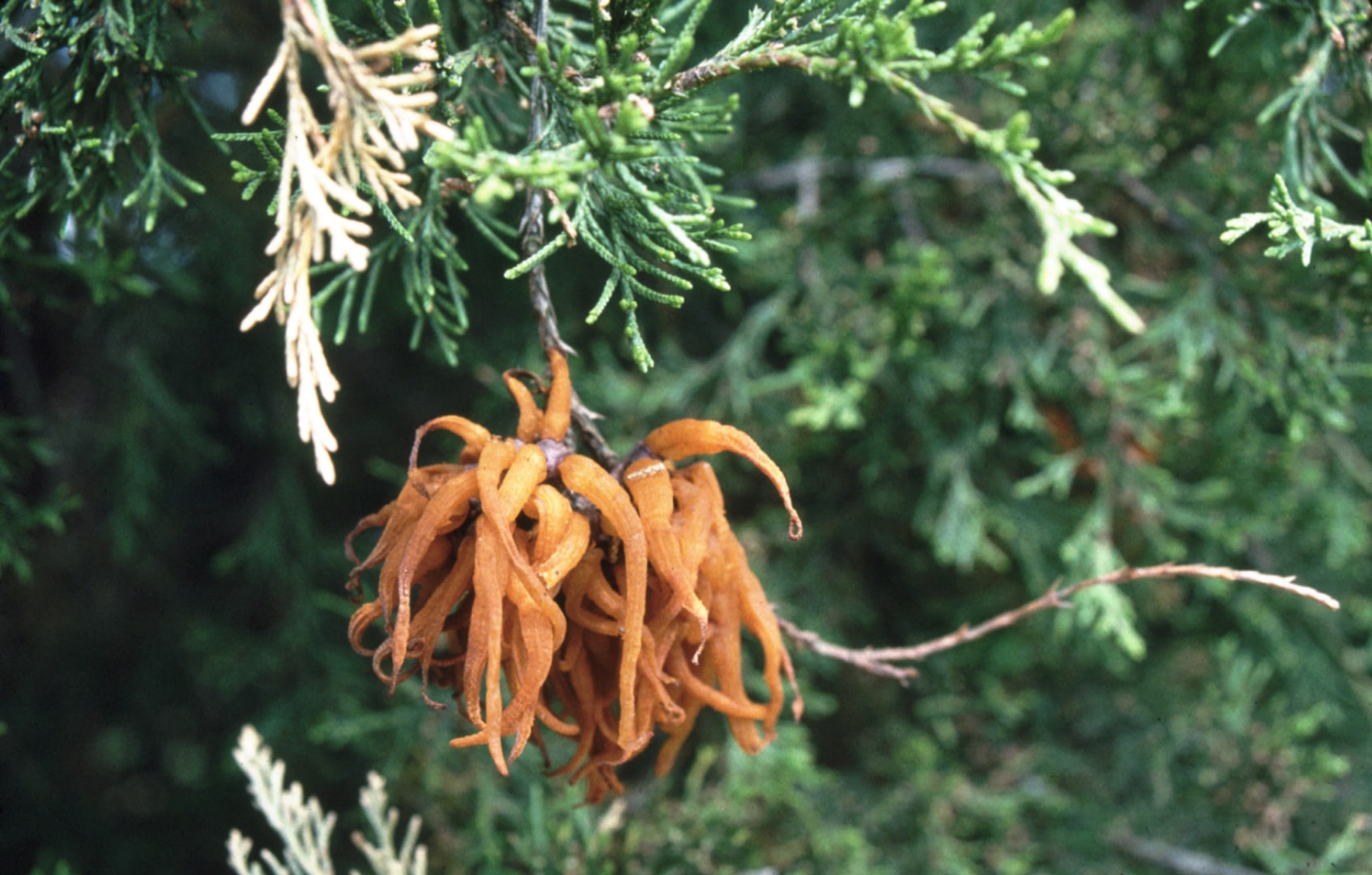
Insects & Diseases
Thousands of different insects and diseases attack urban trees. Some of these are innocuous and require no treatment, while some must be treated immediately to prevent tree death. It is very important to have a correct identification of the attacking pest in order to prescribe treatment.
We can identify insects or diseases attacking your trees and prescribe proper treatments to deal with them. Often homeowners spend large amounts of money on unnecessary treatments. With our diagnostic service, you can be assured that only needed treatments are prescribed.
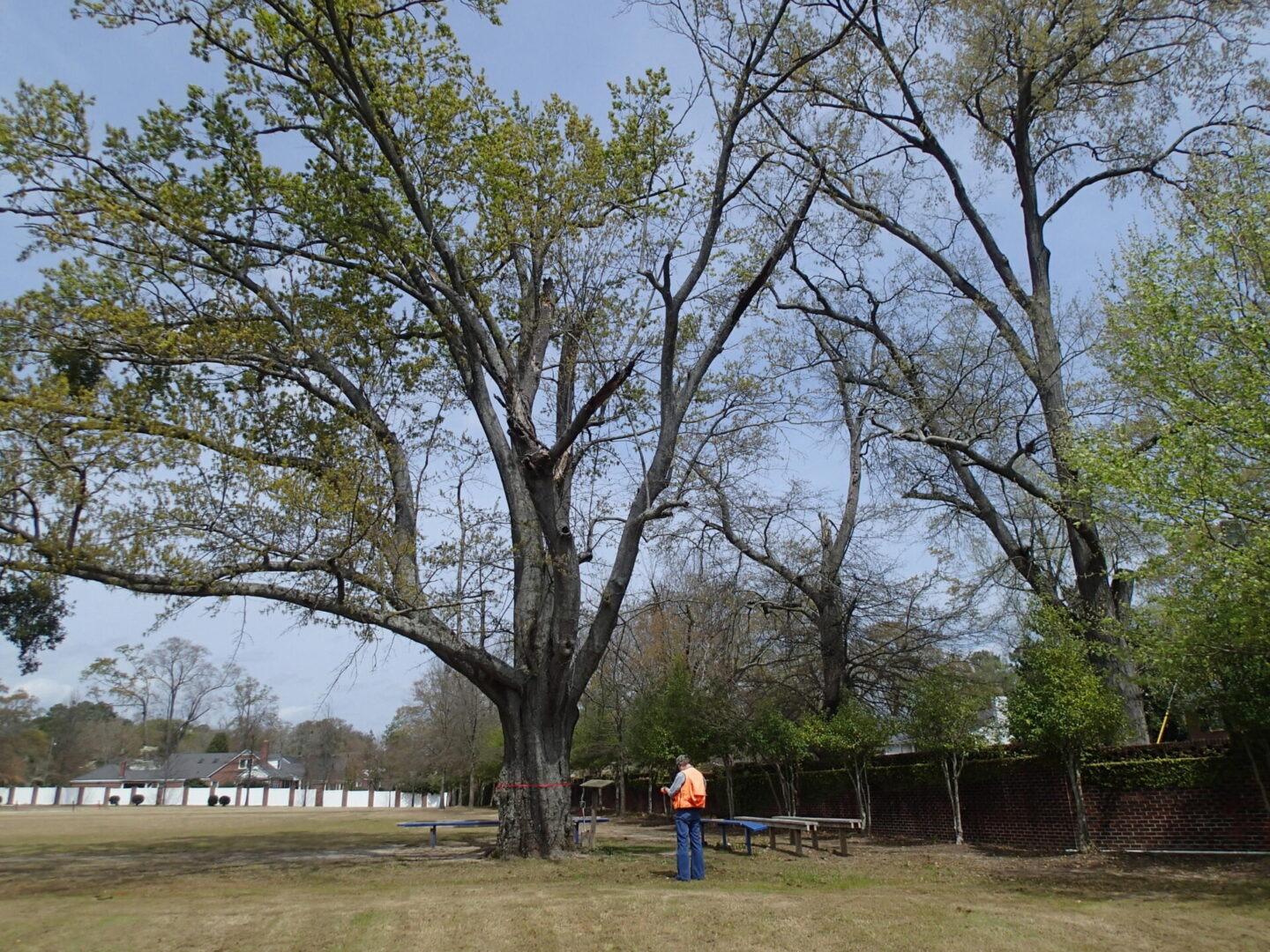
Tree Risk Assessment
Urban trees with structural problems pose a potential risk to life or nearby property. These problems could include internal rot, root damage, previous damage from wind or lightning, and many other factors.
Often there are no external signs of imminent failure that would be noticed by the average homeowner. We can evaluate your trees for potential risk and make recommendations for their maintenance or removal (if needed).
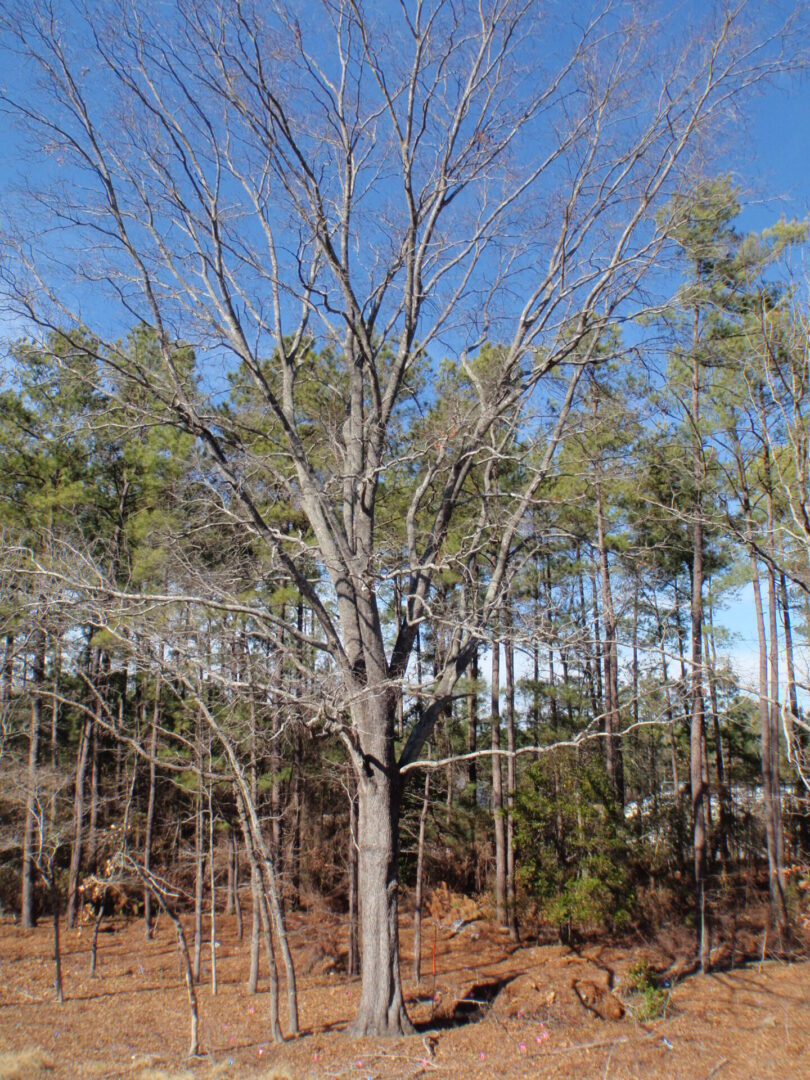
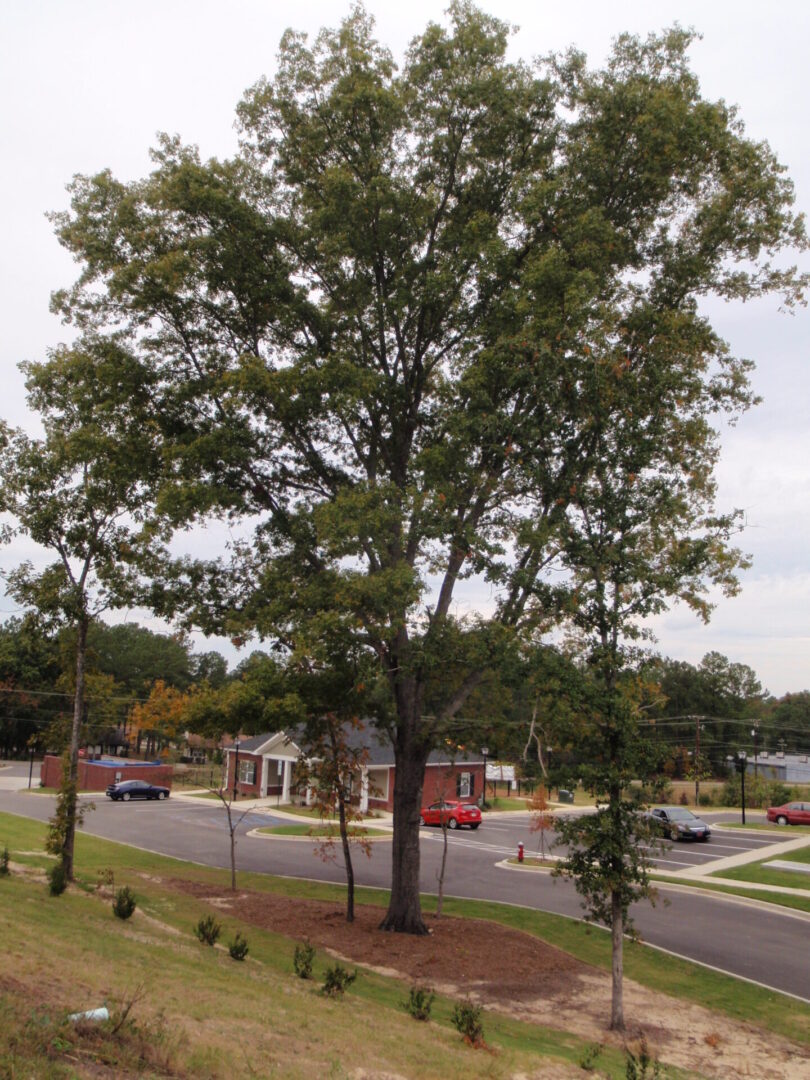
Tree Ordinance Interpretation & Compliance
Most Municipalities and many Homeowners Associations have Tree Ordinances in their zoning or HOA codes. These are meant to designate trees for protection and preservation during construction or other site disturbances. They differ wildly in scope, depending on how the individual ordinances are written. Most classify required protection for trees based on their diameter or location on a site.
Unpermitted tree removal can result in extremely large fines or stop-work orders. We can interpret all Zoning Ordinances and HOA guidelines to provide guidance for the affected landowner or developer. DendroDiagnostics, Inc. has done hundreds of Tree Ordinance compliance evaluations throughout South Carolina. These have ranged in size from jobs requiring an hour to those requiring several months to complete.
